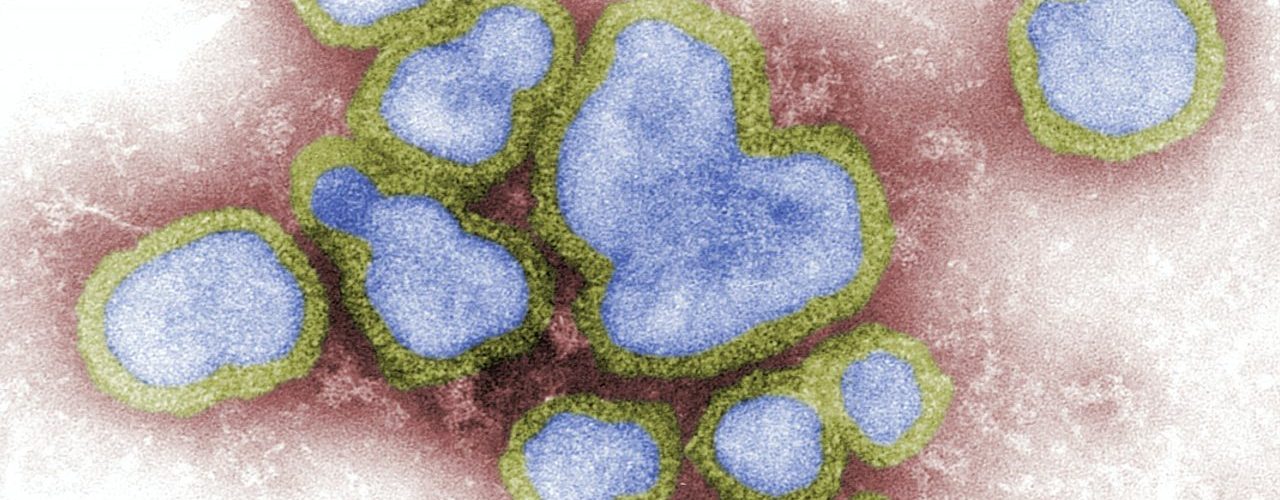David Michael San Juan
De La Salle University
As a response to the economic crisis brought by COVID-19, the Philippine government has started to implement its Social Amelioration Program (SAP) which aims to provide a monthly cash aid worth 5,000 to 8,000 Philippine pesos (US$ 99.08 to 158.53 at the exchange rate of US$ 1 = 50.46 pesos) to each of the target households pegged at 18 million, for an initial period of two months. Beneficiaries complain that the amount will not be enough for all their needs, while non-beneficiaries and even local government officials clamor for a more broad-based aid scheme. To help provide a feasible solution, this paper will discuss the rationale, mechanics, costing, and prospective impact of temporary Value-Added Tax (VAT) suspension and income tax waiver for the poor and the middle class in the Philippines. The proposed VAT moratorium shall cover food, medicine, basic commodities, & utilities, while the proposed income tax waiver shall cover both public and private workers/employees, except those in the top-income bracket. International benchmarking and funding options for this supplementary economic relief will be also explored.
Source: ssrn.com
Latest Posts in "Philippines"
- Philippine Court Voids VAT Assessment for Lack of Annexes, Upholds Zero-Rating for Freeport Sales
- BOC Assigns Procedural Code 062 for VAT on Local Sales to Domestic Market Enterprises
- BIR Takes Over VAT Oversight on Local Sales from Bureau of Customs
- Supreme Court Ruling Clarifies VAT Zero-Rating for Freeport and Ecozone Enterprises in the Philippines
- Philippines Considers VAT Cut, Fiscal Incentives to Boost Garment Industry Competitiveness















